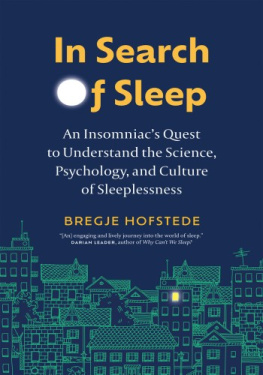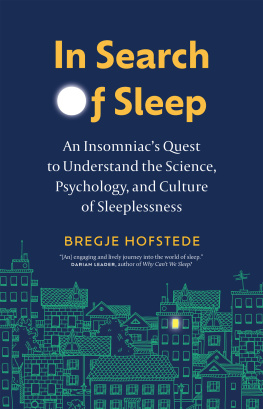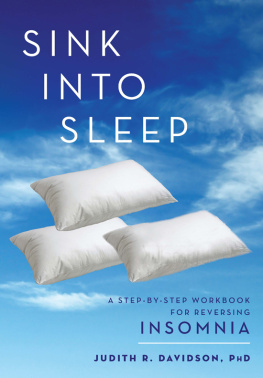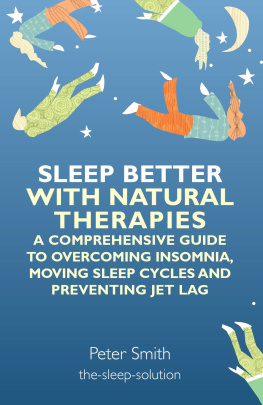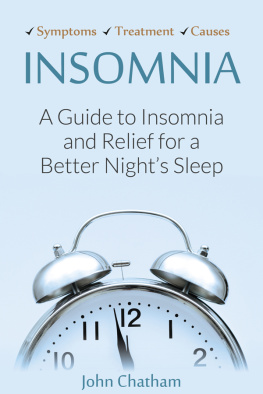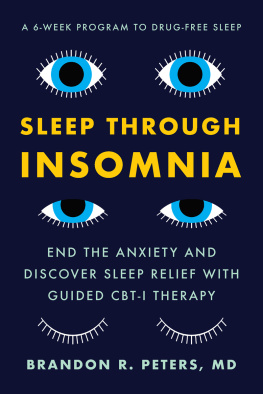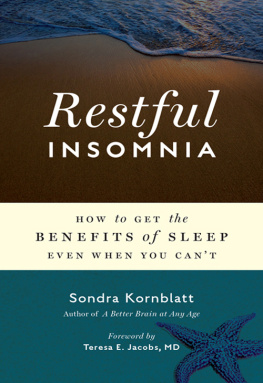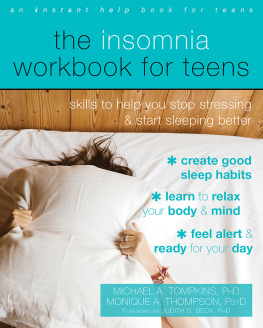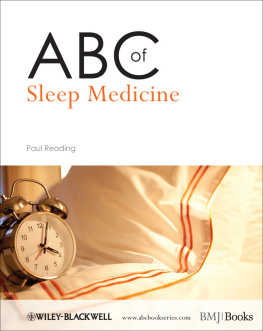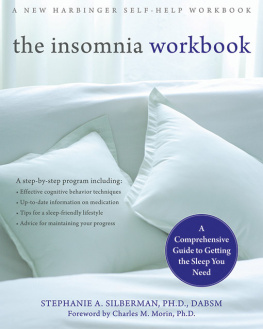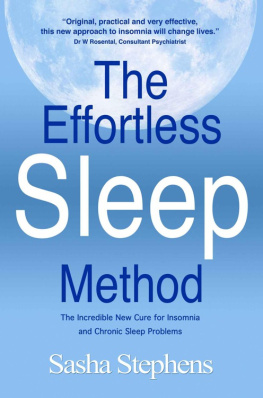For Toine.
Its a beautiful day.
Is it me tossing
or is this bed
a small boat
in an unprotected
cove?
Haul
anchor, I suppose.
That is: turn on
a light and read
all night.
From Insomnia Song,
GREGORY ORR
CONTENTS

00:00
STARGAZING
I SAW THE MILKY WAY for the first time when I was eleven. It was a summers night in the Peloponnese, a sparsely populated part of Greece, where I was on holiday with my family.
In the evening, after a day at the beach, we walked up the hill to a small ramshackle restaurant nestled between the olive groves. It was late, we were hungry, and the setting sun gave us legs like giraffes so we could reach the top more quickly. As we ate Aunt Nikis roast chicken, night crept up the hills. By the time we licked our fingers clean, our terrace between the olive trees had been transformed into an amber raft on a jet-black sea.
We switched on a flashlight and waded into the night.
It was a darker dark than I had ever experienced before. There was no one around, the bumpy road was unlit. The intense black enveloping us was so full of the sound of cicadas that it was as if the one were part of the other. Deafening darkness.
The bright beam of light that danced across the path in front of us illuminated my parents footsteps, but shuffling along only a few paces behind them, we could barely see the ground under our feet. My sisters and I each demanded a turn with the flashlight and we took turns carrying it until, clumsily snatched and grabbed back, it fell on the path and went out.
We groped around for it. It was still warm from the extinguished light, like the cobbles, but it wouldnt turn on again. When the lights afterglow had disappeared from our retinas, it was as if the torchlight had crumbled and floated upwards. Countless stars appeared above us, and right in the middle was a white smudge.
My father forgot how annoyed he was about the broken flashlight and explained what we were seeing. That glittering band spanning the sky might look like a stripe, he said, but it is actually made up of hundreds of billions of stars. They are part of the Milky Way, the galaxy our sun also belongs to. It forms a huge spiral, and the stripe you see is part of it. The sun is one of the billions of stars in that spiral. And the earth is a small piece of rock rotating around that one star.
I struggled to believe what he said: that the Milky Way was always there, just you couldnt see it at home. It seemed crazy that something so incomprehensively big, which was also emitting light, could be hidden from view by streetlights, headlights, porch lighting. That something so trivial could make something so fundamental invisible.
I slept well back then. Without thinking. Sleeping was like breathing.
Twenty years later I was walking through Amsterdam one summers evening. I was on my way to buy groceries, just before closing time. Mopeds buzzed past in the dirty-yellow dusk.
At the supermarket, I studied the brightly lit shelves for something to get me through the night. Yet again, I hadnt slept well in weeks. My eyes were dry from fatigue. I had read that eating something high in protein before bed could help. The more protein, the slower your digestion, and the less likely you are to wake up from a rumbling tummy. I didnt know if it was true, but I was willing to try anything.
I blinked as I read the labels.
Protein. Fat, saturated and unsaturated.
I was thirty and afraid of the night in a way I never had been as a child. I was looking for something to hold on to. Pills, powders, earplugs, bedtime tea, good habits. Each solution was a beam of light I followed until it went out, forcing me to go looking for something else.
That evening I bought Greek yogurt with extra protein: 12.5 grams per serving.
Somehow I knew I wouldnt find the solution to my insomnia in grams. Somehow I knew I was overlooking something. But I had no idea what else to do. I had tried every tip I could find.
I walked out with my purchase and didnt look up. There was never much to see between the streetlights. At most a moon, hardly any stars, definitely not the Milky Way.
I now know that about 40 percent of the global population never sees the Milky Way. There is too much light pollution. All sorts of things block our view of the stars: satellites, streetlights, the collective glare from all of our screens, lamps, and neon advertisements.
It irks some people. They set up groups such as the International Dark-Sky Association. They point out the negative effects of all that stray nocturnal light on various animals and claim the right to see the stars at night. Including the Milky Way, that fragment of the galaxy we are part of ourselves.
Essentially, they claim the right to see the bigger picture. I slept badly for years. I spent most of my twenties engaged in trench warfare with the night, with any ground I gained being relinquished soon afterwards. It felt like it would never end. On bad days the fatigue was a wall I could barely peer overtop of.
Sleep became an interest, perhaps even an obsession. It was like Id been dumped by a boyfriend Id never cared much aboutuntil he left, and I found out I couldnt live without him. And however much I tempted him, he wasnt coming back.
I only got over that insomnia when I accepted that my problem had nothing to do with sleep . Nor with the way I tackled sleep itself, with the practical elements of the night: bedtime tea, sleeping pills, my bedroom, with my sleep hygiene as I prepared for bed. I was focusing exclusively on the night, but the problem was the whole twenty-four-hour period: my days and how I spent them. Only when I started seeing my insomnia as a sign, an invitation to take a closer look at myself and see the larger context, did I work out how to navigate my nights again.
I learned to ask myself what was subconsciously bothering me so much that it was keeping me awakethats what I had to do something about. It wasnt my nights that needed scrutinizing, but my days. Actually: my life. Its such an obvious insight Im almost embarrassed to write it down. But still, this conclusion only became clear to me after puzzling over it for a long time, despite how much I read about sleep. Its a conclusion you rarely see others come to, because it doesnt fit into todays scientific outlook, with its preference for the neurological and mechanical. That outlook can teach us a lot about sleep, but it is incomplete. Chronic sleep problems are often not simply the result of poor sleep hygiene, so cannot be solved by some bedtime ritual or other, or a new mattress. Bad nights are the result of your days. And whats more, of the world in which those days take take place.
It took me almost a decade to work this out, and if someone had told me ten years ago that I would have to reconsider all twenty-four hours of my daily life to be able to sleep at night, I wouldnt have believed them. Thats why Im pleased to share my journey with you.
In reality it took years; here I have condensed it into a single symbolic twenty-four-hour period. Those twenty-four hours start with a sleepless night, and the associated psychological battle with sleep. Then in the morning light of neuroscience I discuss the biology of lying awake. The afternoon marks a turning point: the insight that insomnia can be a signal that theres not something wrong in your brain, but in your life in more general terms. Finally I devote the evening hours to how to respond to that signal, by reconsidering how you relate to fundamental issues such as money, time, where you live, your ego, and the people around you.
Next page
